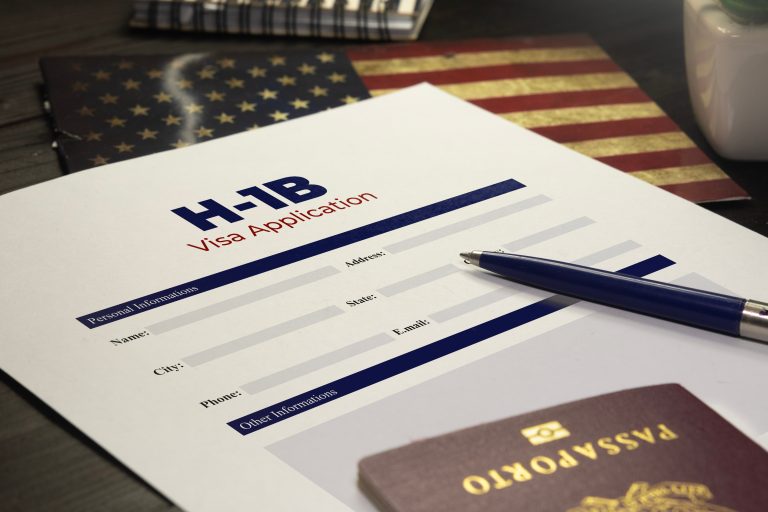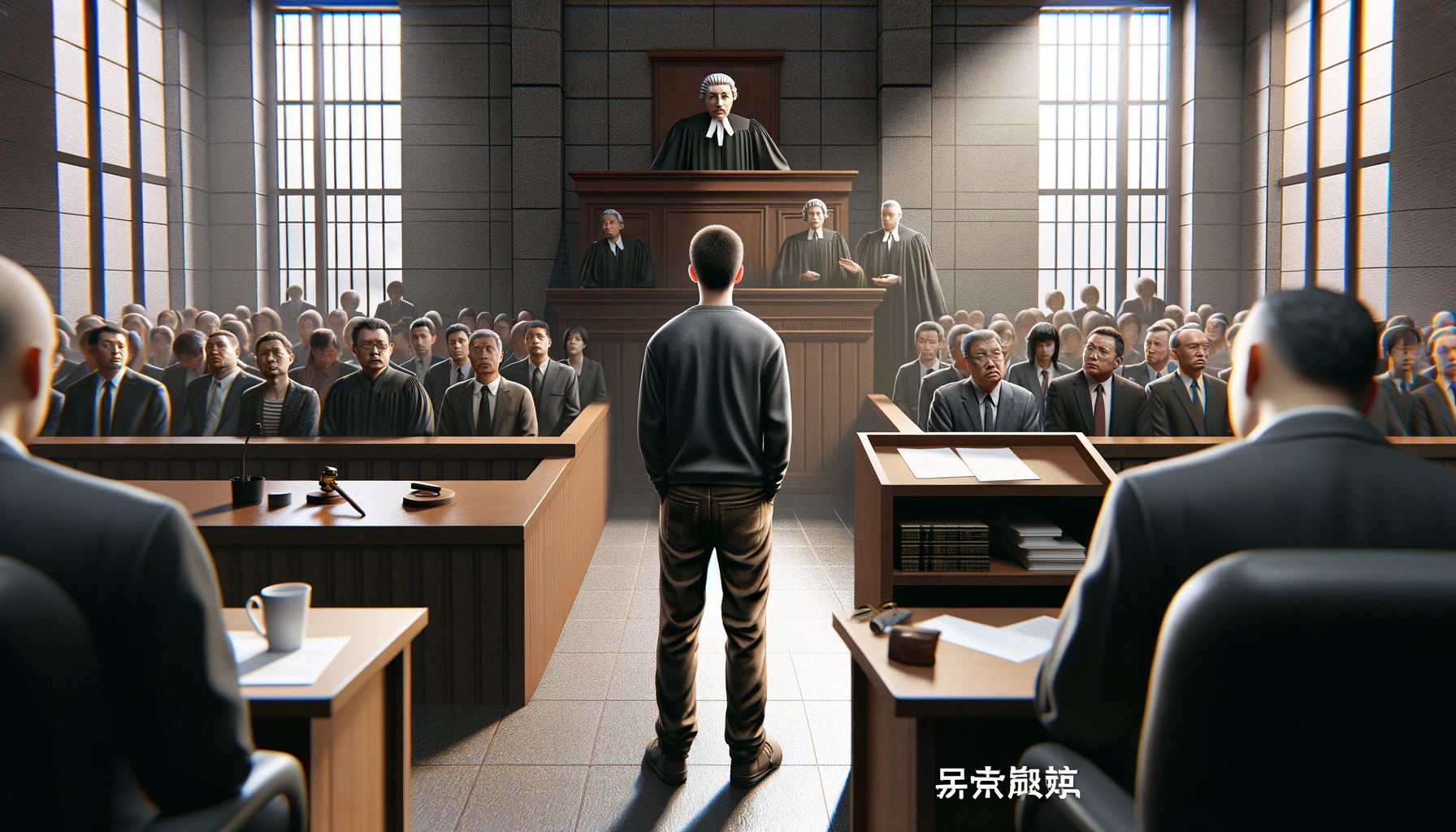[vc_row][vc_column][vc_column_text]Californian voters were tasked this election with deciding on three ballot propositions addressing criminal justice matters. Now that Election Day is over, even though the vote counting is still underway, we now have a clearer look at how these criminal justice propositions will change California law and will or will not affect persons accused of a crime. Both Proposition 20 - Criminal Sentencing, Parole, and DNA Collection Initiative and Proposition 25 - Replace Cash Bail with Risk Assessments Referendum are projected to fail and preserve the status quo. Weirdly, "no" votes on these propositions mean different things for accused defendants. Proposition 17 - Voting Rights Restoration for Persons on Parole Amendment is projected to pass and is more straightforward: people on parole for felony convictions will be allowed to vote.
Proposition 20, if it had passed, would have increased penalties for certain crimes and required DNA collection for some misdemeanors. The rejection of Prop 20 is seen as affirmation of other recent propositions that were seen as efforts to reduce prison populations. With Californians rejecting Prop 20, the status quo will continue and no changes to criminal law will be made, providing an overall benefit to defendants.
Proposition 25, because it did not pass, will repeal Senate Bill 10. SB 10 eliminated cash bail in the state, leaving the decision of whether to hold a suspect in custody until trial to an algorithm. The rejection of Prop 25 also keeps in place the status quo but undoes what was expected to be a major change to criminal justice rules. SB 10 was passed after the California Supreme Court ruled that the existing bail system in the state was unconstitutional. As a result of Prop 25's failure, California legislators will need to pass different legislation to address the California Supreme Court decision. In the immediate aftermath of the no vote on Prop 25, defendants will see no change in the current pre-trial system.
Proposition 17, because it passed, will amend the California constitution to allow people on parole for felony convictions to vote in California. It grants additional rights to citizens returning to society after incarceration. Proposition 17 has no effect on defendants charged with a crime, but is still related to criminal law.
See the official ballot proposition returns and results here.
The criminal defense attorneys at the Law Offices of Scott Warmuth are always aware of any changes or potential changes to criminal law. We focus on honesty and empathy, seeking to maintain a sincere and open dialog with our clients while doing everything we can to preserve their freedom. For a free legal consultation, call us today at 888-517-9888.[/vc_column_text][/vc_column][/vc_row]
How California’s 2020 Ballot Proposition Results Affect Criminal Law
Topics: Criminal Defense
2020年11月6日









